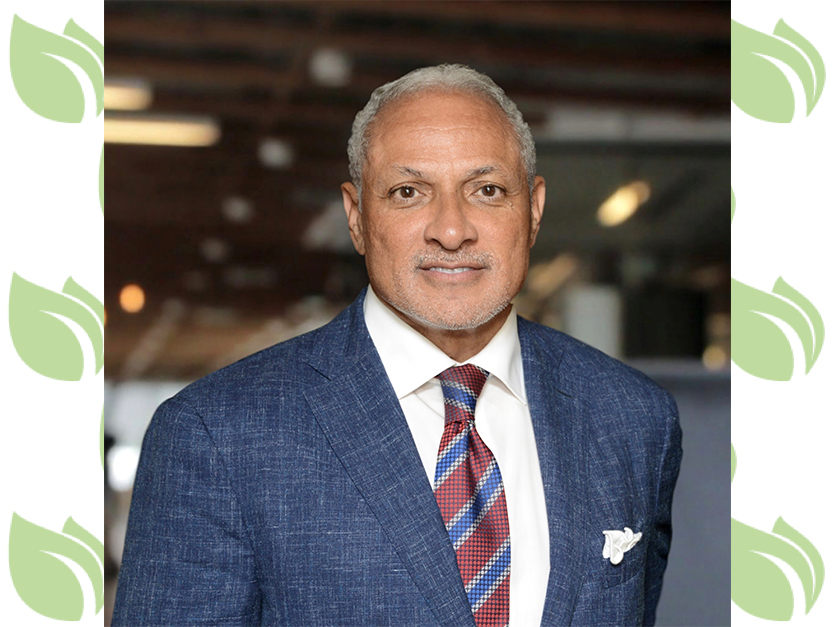At first glance, the president’s executive order invoking the Defense Production Act to prevent the closure of meat and poultry processing plants appears to be a logical and straightforward means of averting widespread food shortages.
In fact, the order seems to ignore one significant detail: The very reason plants have closed is that large numbers of their employees have been diagnosed with COVID-19. Yet the directive — which orders employees back to work — lays out no plan for ensuring the health and economic security of the processing plant workers. The order does not address the medical testing, tracing, and treatment necessary for workers to return to work and perform their jobs in a safe and effective manner.
We know from experience that these workers — who are indispensable to the food supply system — may be unaware that they have already contracted the virus. Those who are not ill are justifiably fearful of becoming so. And yet, with no mandatory safeguards specified for their protection, processing plant employees are forced to make a choice: Return to these reopened plants — where they risk infecting themselves, their families and communities — or stay home and risk termination and loss of unemployment compensation.
The bottom line is that, as it stands today, the directive does not provide anything close to an effective solution.
There is a better way to do this. I know from experience.
During the 1990s, I served at the U.S. Department of Agriculture as the nation’s 25th secretary of agriculture. Unfortunately, I was quickly introduced to the challenges of the position: On my third day in office, we were notified of multiple deaths among children who had apparently eaten undercooked hamburger meat. We needed to act fast to prevent further deaths.
The department quickly tracked down the source of the meat to certain beef processing plants where the lines were moving so fast that inspectors failed to detect the virulent E. coli pathogens that killed the children. We determined that the pathogens were lodged in feces flecks embedded in carcasses destined for the hamburger grinding machines.
Through fast, decisive action, we were able to mitigate the threat. We led the effort to impose further rules mandating rigorous inspections at each critical point in the beef processing cycle, and then imposed the same measures at poultry plants.
These actions were not designed to accommodate the needs of the processors, but to ensure the health of the American people. But by restoring the safety of the product — and public confidence in the safety of the product — clear-headed, immediate action by the government in 1993 benefited processors and consumers alike.
Today, America’s meat and poultry processing industries face a daunting challenge with COVID-19, but it is one we can overcome if we act with determination and common sense.
We cannot put hard-working Americans and businesses in the impossible choice between financial ruin and their health and safety. Before any re-openings the government must ensure the safety of the workers and ensure the safety of the products they provide.
All workers must be tested for COVID-19 before plants are allowed to reopen. Those without symptoms may rejoin the workforce, but must be tested frequently. Plants also must be reconfigured to meet all CDC guidelines: Workers must have masks, aprons, eyewear, and gloves, and should be stationed at least six feet apart. And all workers who are symptomatic or are found to have been exposed to the virus must be quarantined for the requisite period, and receive a mandatory full salary as federal emergency paid sick leave. If we do these things to protect our workers, the rest will fall into place.
The United States has taken pride in maintaining the “safest food supply in the world.” And we can still have it, as long as we remember that America’s bottom line is measured in the health and wellbeing of all of its people.
Mike Espy is the former secretary of agriculture under the Clinton administration and former Congressman from Mississippi's second congressional district. He is currently a private practicing attorney and the Democratic nominee for U.S. Senate in Mississippi.

